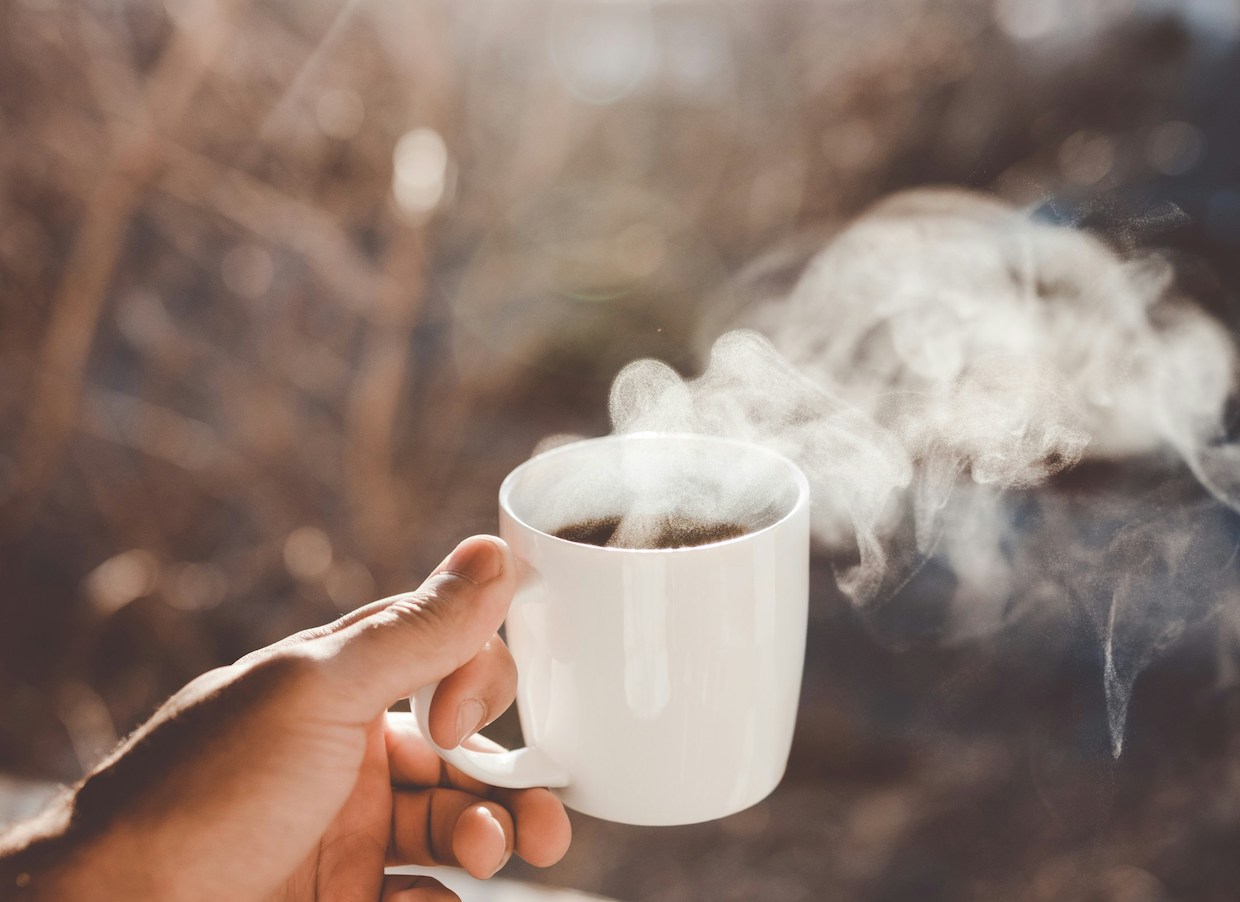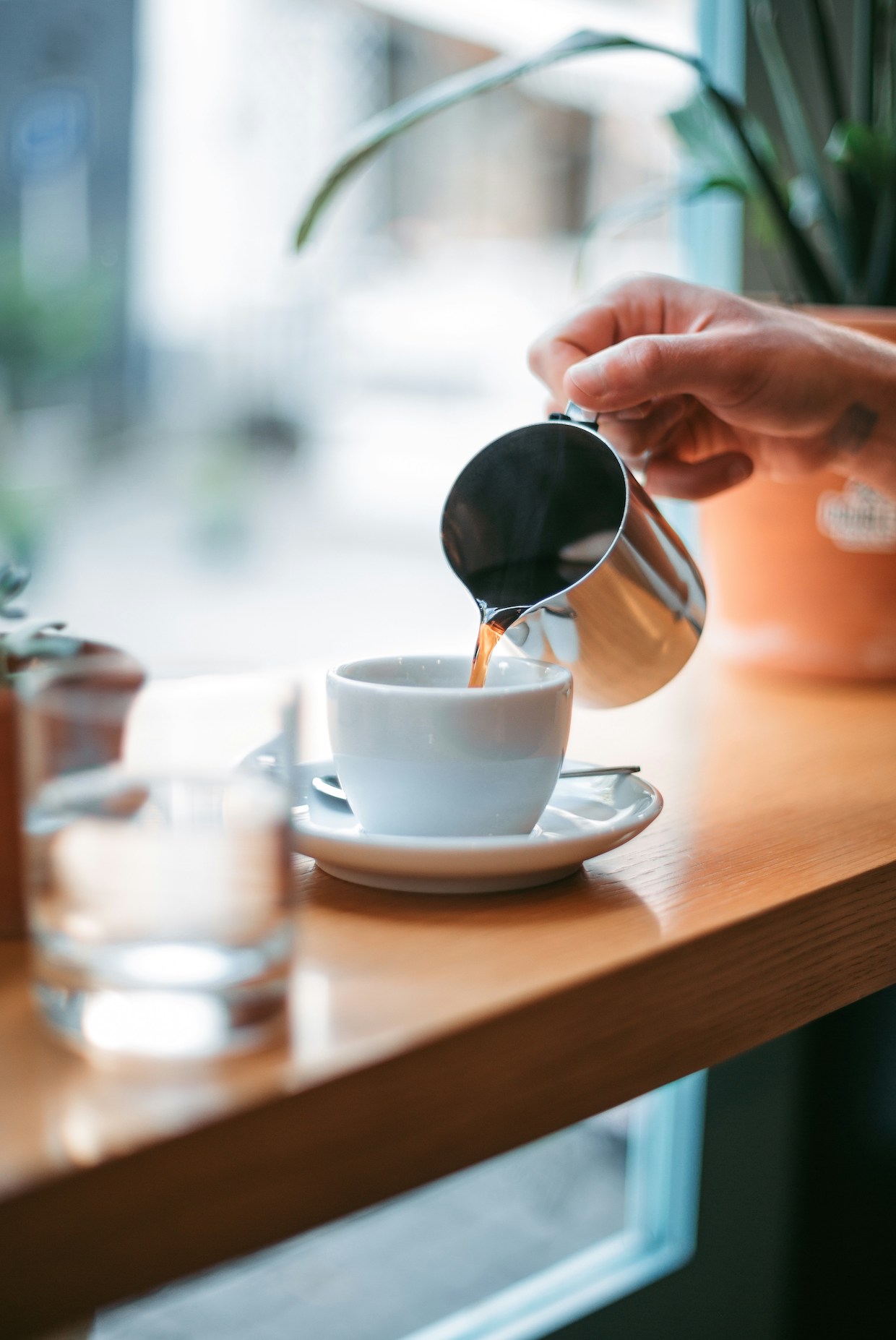Scientists in the UK and Germany have officially confirmed what most coffee drinkers feel intuitively every single day: coffee in the morning puts you in a better mood.
For four weeks, researchers from the University of Warwick and Bielefeld University tracked 236 young adults, pinging their phones seven times daily to ask whether they’d had any caffeine in the past 90 minutes and how they were feeling at the moment.
Combined, the resulting 28,000 mood snapshots clearly indicated that caffeine doesn’t merely combat grogginess, it actively makes people happier and more enthusiastic. The good mood feelings were especially apparent in the morning, within the first 2.5 hours after waking.
Meanwhile, caffeine’s effects on negative feelings, such as sadness, were smaller and less consistent throughout the day.
The team attributed the positive mood effects to caffeine’s natural ability to block adenosine receptors, which can increase dopamine activity in key brain regions. The phenomenon has been linked to improved mood and greater alertness in numerous previous studies.
In the study, published in August in Scientific Reports, the researchers also analyzed how changes in mood may differ among people who consume different amounts of caffeine.
“We were somewhat surprised to find no differences between individuals with varying levels of caffeine consumption or differing degrees of depressive symptoms, anxiety or sleep problems,” Justin Hachenberger of Bielefeld University said in an announcement of the publication. “The links between caffeine intake and positive or negative emotions were fairly consistent across all groups.”
However, the researchers did warn of one potential catch, in which regular coffee drinkers might experience the flip side of caffeine’s benefits. They said it was unclear whether the reported mood benefits may be merely due to relief from these mild withdrawal symptoms after a night’s sleep.
They also added the caveats that excessive caffeine intake can carry health risks, and that caffeine later in the day may interfere with sleep.
Coffee and caffeine intake continues to be an obsessive focus in the academic world, primarily because it represents the most commonly consumed psychoactive substance globally.
“Around 80% of adults worldwide consume caffeinated beverages, and the use of such stimulating substances dates far back in human history,” said Sakari Lemola of Bielefeld University. “Even wild animals consume caffeine; bees and bumblebees prefer nectar from plants that contain caffeine.”
Funding for the study was provided by the German academic consortium Projekt DEAL, and the authors did not declare any competing interests.
Find more recent coffee and human health news here.
Comments? Questions? News to share? Contact DCN’s editors here. For all the latest coffee industry news, subscribe to the DCN newsletter.








Comment